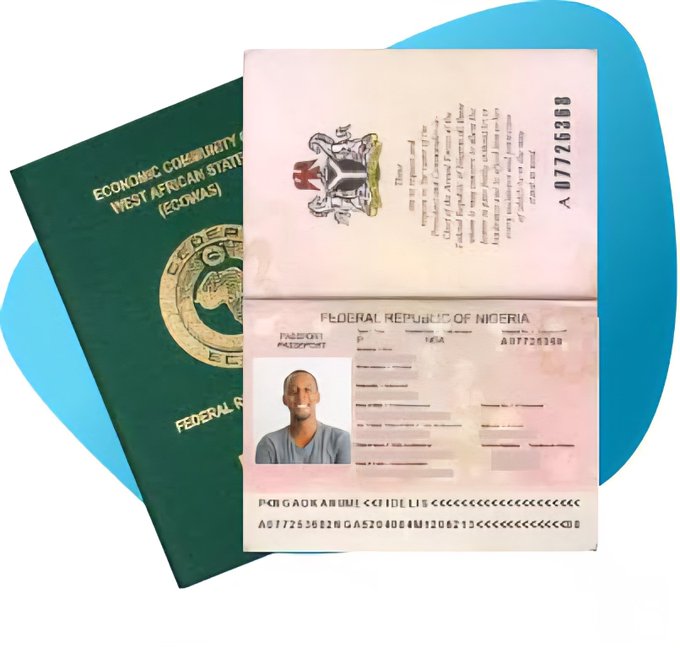The Federal Government of Nigeria has officially defended its decision to increase the cost of obtaining a Nigerian passport, stating that the move is essential to maintain document quality, eliminate corruption, and ensure faster delivery. Effective September 1, 2025, the Nigeria Immigration Service (NIS) will charge ₦100,000 for a 32-page passport with five-year validity and ₦200,000 for a 64-page passport with ten-year validity. These new rates apply only to applications processed within Nigeria; fees for Nigerians abroad remain unchanged at $150 and $230 respectively.
According to Assistant Comptroller of Immigration A.S. Akinlabi, the adjustment is part of a broader reform to uphold the integrity of the Nigerian Standard Passport and improve service delivery. The Ministry of Interior echoed this position, with Minister Olubunmi Tunji-Ojo stating that the goal is to eliminate the need for bribes and reduce processing delays. He cited personal experiences where applicants paid unofficial fees of up to ₦200,000 just to expedite passport issuance, describing the new pricing as a way to redirect such payments into official channels.
The government also highlighted the role of the newly centralized passport personalization center, which now enables faster processing and minimizes human interference. By removing the discretionary powers of Passport Control Officers, the system aims to reduce abuse and ensure that only eligible Nigerians receive travel documents.
Despite the justification, the fee hike has sparked criticism from citizens and opposition figures. Peter Obi, former presidential candidate, condemned the increase as insensitive, especially in light of the recently approved ₦70,000 minimum wage. He argued that the cost of a passport now exceeds a worker’s monthly salary, making it unaffordable for many Nigerians.
The Presidency responded by stating that most Nigerians were already paying more than the new rates through unofficial means, and that the reform would bring transparency and accountability to the process. The debate continues as stakeholders weigh the benefits of improved service against the burden of higher costs.
